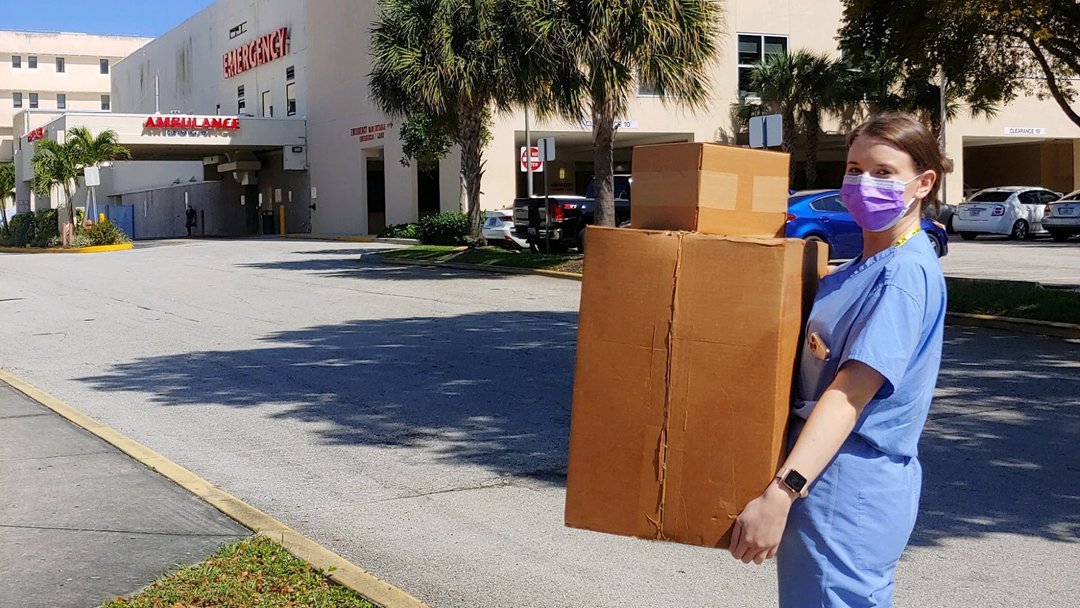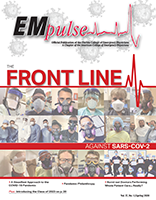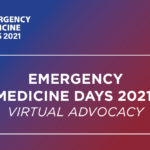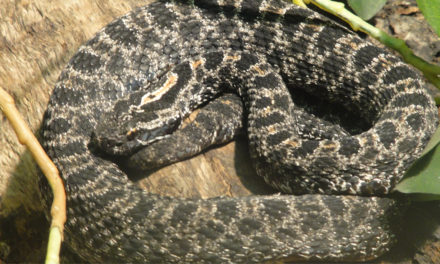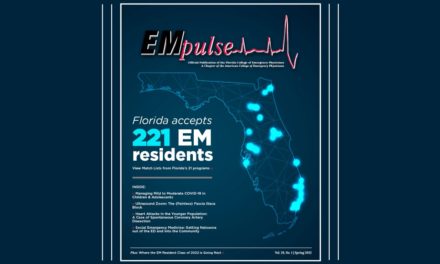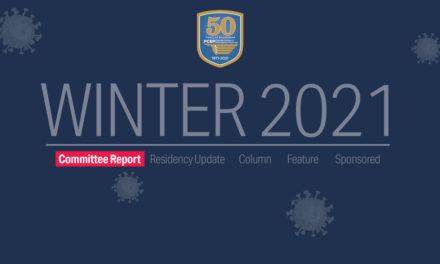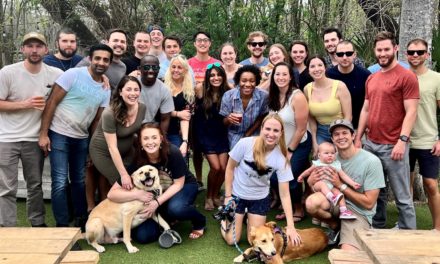Pandemic Philanthropy: Medical Students Mobilize on COVID-19 Donations
After the first case of coronavirus (COVID-19) appeared in the United States in mid-January, it felt as though the entire country held its breath, silently hoping the virus would not spread outside the confines of that hospital. As we wished and waited, the virus proliferated within communities, causing outbreaks, epidemics, and finally, a global pandemic. In the U.S., hotspot zones quickly emerged in coastal, international travel hubs with densely populated urban centers. Florida, and Miami in particular, naturally seemed like the next hotspot. Outbreaks at South Florida nursing homes—such as Atria Willow Wood, with its seven resident deaths and nearly 20 confirmed cases—and the Port Everglades cruise port fueled the South Florida outbreak.
As COVID-19 cases increased nationwide, many medical schools transitioned to an online curriculum, and thousands of medical students across the country found they had a critical opportunity to mobilize and organize. Several projects at different medical schools emerged: some offering childcare, some collecting PPE, and some trying to help frontline providers directly. At the University of Miami Miller School of Medicine (UM), Miami Med COVID Help (MMCH) formed with the intent of helping frontline providers with home-related errands. However, it quickly became apparent that the students’ enthusiasm would be better aimed at supporting the local emergency departments’ supply needs for PPE via community donations.
Medical students from New York University (NYU) had already formed PPE2NYC and could offer shared wisdom and experience. Through a NYU/UM collaboration, MMCH developed the infrastructure needed to expand its project arms, like sourcing and distributing PPE. A fourth-year medical student at NYU shared his computer program to scrape Yelp for all businesses in a zip code that might have PPE to donate: nail salons, tattoo parlors, veterinarians, etc. With this resource, MMCH quickly mobilized and recruited student volunteers to contact these South Florida companies to solicit donations. These efforts expanded into project arms including PPE drives throughout the community (while socially distanced), 3-D printing of PPE, requesting sponsorship from larger corporations, and collaborating with existing community organizations serving unhoused populations. Medical students from UM, in turn, shared best practices and resources with medical students at other schools working on similar projects.
Having learned of potential pitfalls from organizations like PPE2NYC, MMCH defined its organizational structure very early in the process, making expanding operations smoother and more efficient. The creation of a website with an attached Venmo account (@MiamiMed), a GoFundMe page, and an active social media presence on Twitter, Facebook and Instagram were key to developing an early community presence in Miami. The pro-bono assistance of an attorney turned the efforts of MMCH into a 501(c)(3) non-profit organization, which allows for tax-deductible, donation receipts and lends an air of legitimacy to the volunteer efforts. Local newspapers and TV media have showcased the volunteer efforts and ways to donate PPE, reaching a larger, broader South Florida audience.
The entire MMCH Board of Directors, project chairs and student volunteers—nearly 150 UM medical students in total—are still actively enrolled in the new distance-learning medical school curriculum. Regardless, in less than 2 weeks, over 10,000 PPE items and $2,000 in cash have been raised from individuals and businesses throughout South Florida (as of April 5, 2020). These donations are directly supporting emergency departments at hospitals, including Jackson Memorial Hospital in Miami and Holy Cross Hospital in Ft. Lauderdale and their UM-affiliated emergency physicians, residents, physician assistants, nurse practitioners, pharmacists, nurses and paramedic techs.
As new needs arise in our community as a result of this COVID-19 pandemic, the medical student-run Miami Med COVID Help organization will adapt to meet those evolving needs and continue to be immersed in local, pandemic philanthropy. ■
This article is part of the following sections:
Samantha manages fcep.org and publishes all content. Some articles may not be written by her. If you have questions about authorship or find an error, please email her directly.

